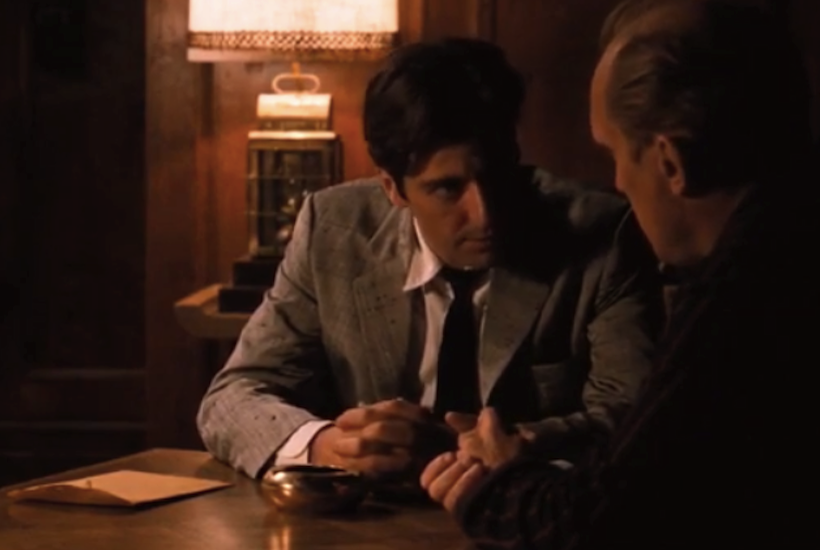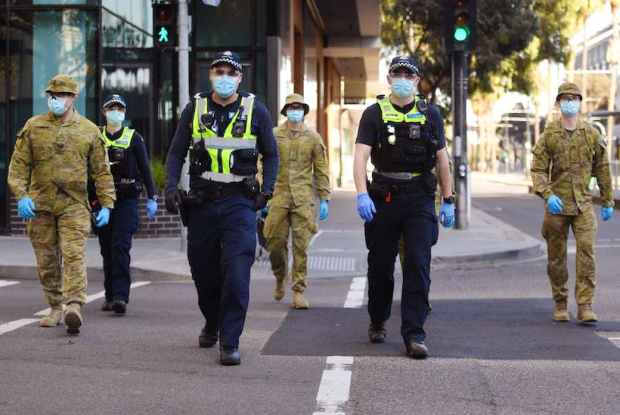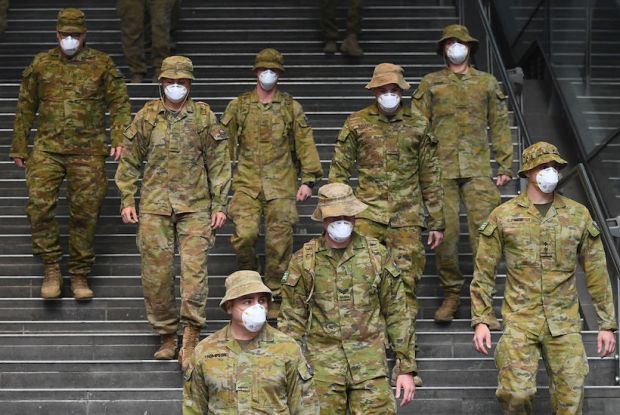The federal government needs to take a leaf from Mario Puzo’s classic mafia novel The Godfather — let alone Francis Ford Coppola’s masterful cinema adaptation — to more effectively deal with the coronavirus pandemic.
In a scene from the Godfather Michael Corleone, who has taken over the “family business” from his father Don Vito, tells the family that he is restructuring and that “Tom Hagen is no longer consigliere.”
A consigliere in the mafia is the Don’s right-hand man, a trusted adviser who gives sage advice on the operations of the “business” in all its aspects. He is generally thought to be the third highest-ranking member of the “business”, a man heavily relied upon by the Don.
So why was Tom Hagen, who had been effectively adopted by the Corleone family as a child, sacked by his brother, Michael?
Michael told him bluntly ”Because you are not a wartime consigliere.”
And that was what was needed. A consigliere who was not caught in the groove of “peacetime” thinking, one who could recognise that the structures that had supported his thinking in “peacetime” were no longer applicable to the circumstances.
The federal government should think on this.
It has framed its response to the pandemic as a “war” against an “enemy” that will “kill” people and that we must “win” this war and that the main “weapon” in our arsenal is vaccines.
If this is the case then the Australian Technical Advisory Group on Immunisation is failing as a consigliere.
The advice it has been delivering to the government as to the use of the AstraZeneca vaccine, which was to form the backbone of the vaccination programme, has been changing so much that few people could now say what the position is with the use of AZ and who could or should receive it.
The chopped and changed advice is, according to media reports, leading to vaccine hesitancy across demographics. And this is hardly surprising.
AstraZeneca has been approved by the Therapeutic Goods Administration for people aged over 18 and that advice has not changed, but Atagi’s has.
In essence, Atagi makes risk assessments as to whether to recommend the vaccine to certain age groups balanced on the likelihood of catching the coronavirus and maybe dying from it and the risk of a side effect from taking the vaccine, including death.
In the case of AZ, the risk of getting a severe side effect such as blood clotting is two in 100,000. If you are under 50 the chance is 3.1 in 100,000. The death rate is just 3 per cent even if you were to get a clot; too miniscule to mention.
So here is the rub. The risk of taking AZ doesn’t change but Atagi changes its advice based as to which age group should/could take it depending on a risk/reward depending on an outbreak of the virus.
Atagi is still operating in a “peacetime” paradigm and its advice is couched from that perspective and its communications reflect that.
Surely the aim should have been and still must be to get as many people jabbed as possible immediately, based on informed consent?
Yet the constantly changing advice has discouraged this. The federal government hasn’t helped either by saying AZ will be phased out in October.
As the government prosecutes its war it also carries the overall burden of responsibility. Its communications have also been lacking.
To prosecute a war you need clear strategy, direction and sense of purpose.
Peacetime rules do not apply. In war the risk/reward ratio changes, but Atagi clearly has not grasped this yet.
It is time for Atagi to step up as a wartime consigliere.
Got something to add? Join the discussion and comment below.
Get 10 issues for just $10
Subscribe to The Spectator Australia today for the next 10 magazine issues, plus full online access, for just $10.

























Comments
Don't miss out
Join the conversation with other Spectator Australia readers. Subscribe to leave a comment.
SUBSCRIBEAlready a subscriber? Log in